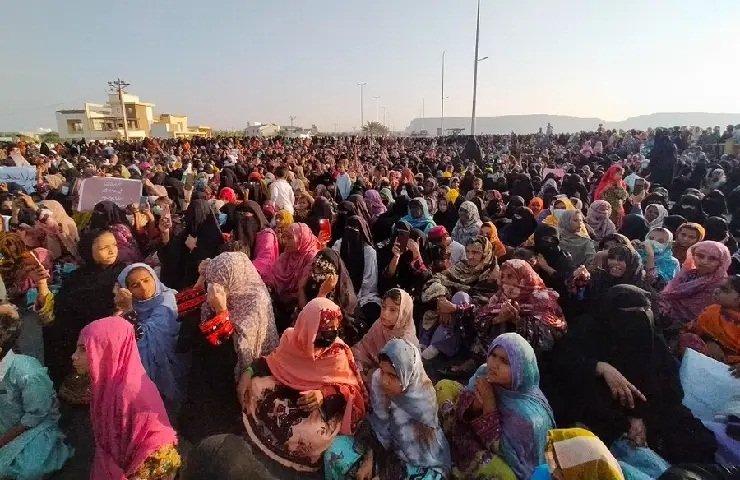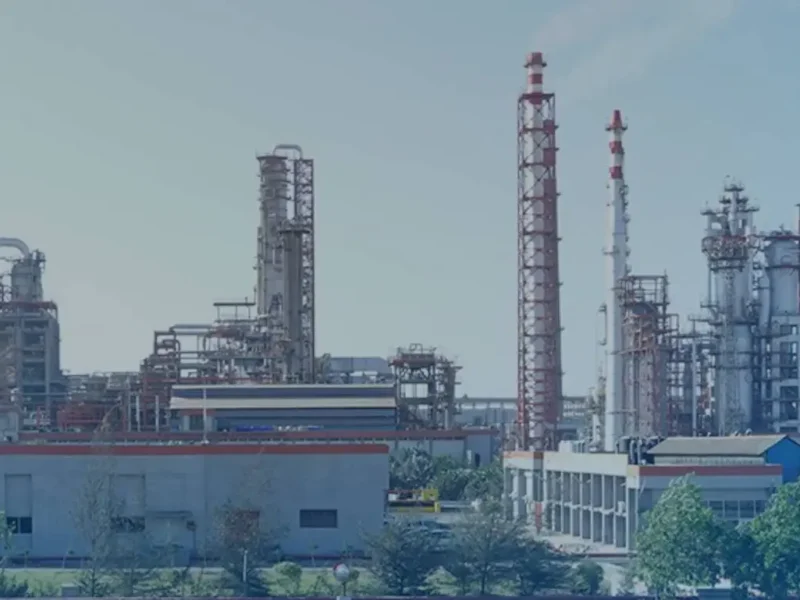
Pak’s Gwadar City Rises Against China Project, Arrests Made
ISLAMABAD, (IANS) – As many as 100 people have been arrested in Balochistan’s port city of Gwadar as the provincial government struck with an iron fist at protesters and imposed an emergency law that prohibits the gathering of five or more people.
The arrests come a day after the provincial government said, “There will be a ban on all kinds of rallies, protests, sit-ins and gatherings of five or more people in the port city of Gwadar.”
People of Balochistan are rising in protests across the Pakistan province, threatening a stumbling country, challenging the politicized army, and upsetting Chinese dreams of a transnational corridor project.
Public anger has now spilled into the streets of the port city of Gwadar where shelling and stoning between the police and the protesting public have become a common occurrence.
The public protests are being organized under the banner of Haq Do Tehreek (Give Rights Tehreek). The group is led by Maulana Hidayatur Rehman Baloch, who is also the general secretary of the Balochistan chapter of Jamaat-e-Islami.
The group is angry at the federal and provincial governments for ignoring the genuine demands of the people. These demands include illegal trawling in Gwadar’s water, high number of security checkpoints and trade on the Pakistan-Iran border.
Rehman came into prominence last year when he led a massive protest across the coastal town of Gwadar. Many believe that he is keen on contesting next year’s general elections and is therefore setting the agenda.
Although the government is trying to calm down the protest by agreeing to many of their demands, one demand which cannot be met involves the army.
The local communities want a visible reduction in the military presence in the strife-torn province. The Baloch militants have of late become active in the region, targeting the military.
The government, instead of using talks to address the real issues, has adopted a hardline approach by mass-scale arrests, cases filed against activists, shutting down of communication networks and cane-charging of protesters.
The state has sent more troops and policemen to the affected areas but with little success in scaring the protesters who have been out on the streets for over two months.
What has caused the government to act in haste is the impact of such protests over the Chinese-funded mega project, China-Pakistan Economic Corridor (CPEC).
The project has taken away the traditional fishing areas in the region, making most people worry about their future.
The CPEC projects Gwadar as the next Dubai, a dream which is fast turning into a nightmare for the local fishermen communities.
The community, most of the population in the affected region, have seen their increased marginalization since their displacement from Mulla Band in 2017.
As more fishermen localities were displaced with the expansion of CPEC projects, the anger and frustration have grown across the region against the CPEC projects.
The Chinese are deeply worried about the protests.
The Chinese Consul General Li Bijan told the Dawn newspaper that there was a cause of worry.
The Chinese officials have been talking to Rehman and other leaders of the protest movement. But the talks seem to have faltered along the way as protesters are increasingly targeting some key CPEC projects– the Gwadar East Bay Expressway and the under-construction New Gwadar International Airport.
Experts believe that Rehman and his Haq Do Tehreek leaders are targeting the CPEC projects to draw attention from the federal government, already reeling under multiple challenges.




